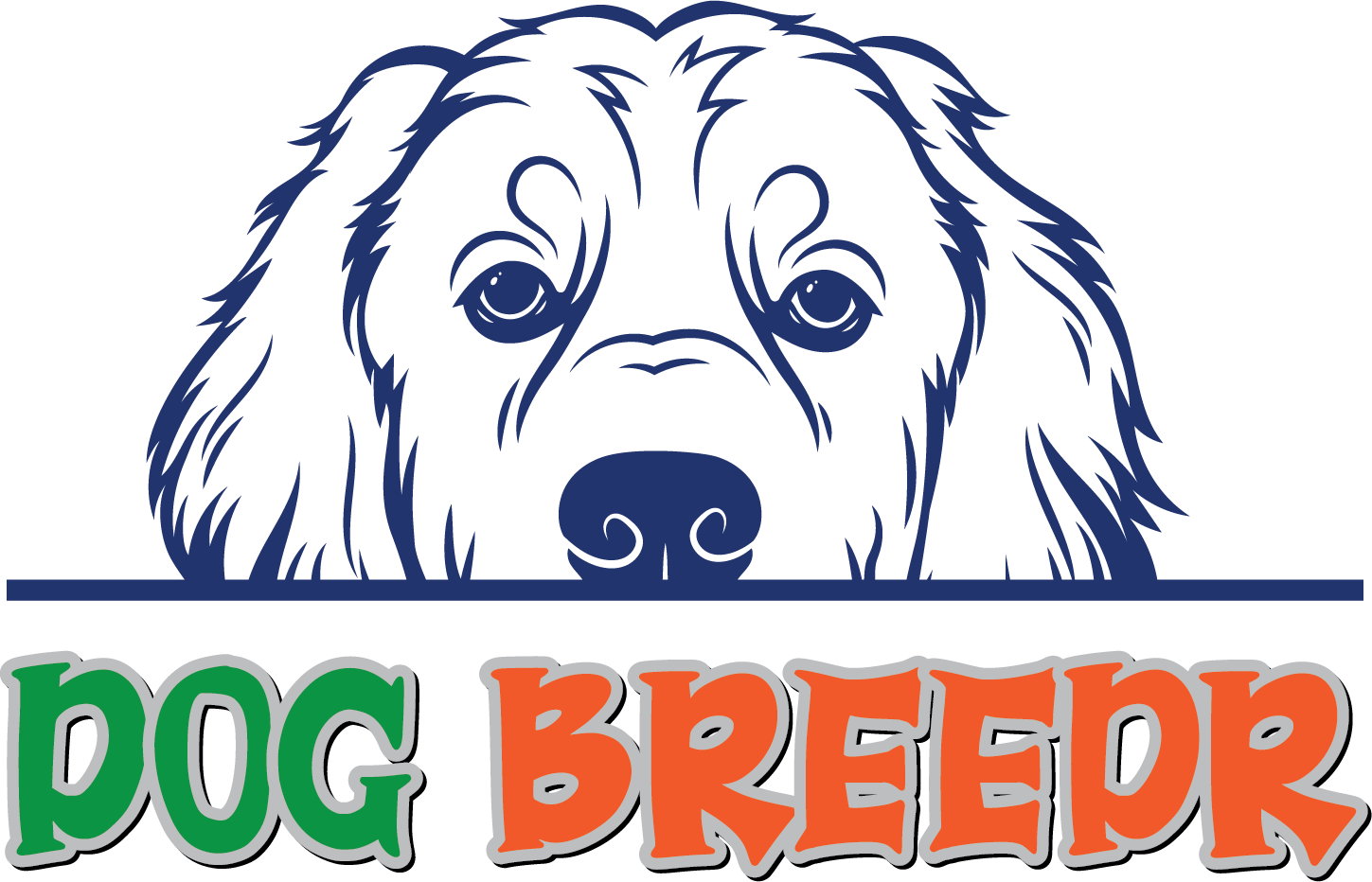The German shepherd is an intelligent, loyal, and dedicated breed of dog originally bred as a herding dog. The breed has since become one of the most beloved family pets in the world due to its courageous and protective nature.
We will provide an overview of the German shepherd’s history, characteristics, health issues and care requirements, and training tips.
German Shepherd’s History
German Shepherds date back to 1899 when a German breeder, Max von Stephanitz, crossed several herding dogs to create the breed.
He wanted to develop a loyal dog with strong protective instincts. Over the years, German Shepherds have been used in various roles, including police and military dogs, guide dogs for the blind, search and rescue animals, and, more recently, therapy dogs.
Today they are one of the most popular breeds worldwide due to their intelligence and trainability. They make excellent family pets with proper training and socialization.
As an active breed, they require plenty of exercise and stimulation to stay happy and healthy. With their energetic nature, devotion to their families, and willingness to please, they continue to be one of the world’s most beloved and recognizable dog breeds.
German Shepherds are known for their fierce loyalty and protectiveness over their family members. They form strong bonds with their people, requiring lots of love and attention from owners who can provide them with a stable home environment.
If provided with enough physical and mental stimulation, German Shepherds are gentle, loving companions who can be easily trained but remain independent thinkers. With proper socialization, they do well with children and other animals.
Overall, German Shepherds make beautiful additions to any family willing to commit time to provide them with a structured yet loving home life.
German Shepherd Characteristics
German Shepherds are known for their intelligence and strong work ethic, making them an ideal choice for service and protection work.
The breed is also highly trainable, making them great family dogs, companions, and guardians. German Shepherds are loyal and devoted to their owners, forming a strong bond with them.
They are naturally protective of their families and can be aggressive towards strangers if not properly socialized.
Regarding physical characteristics, German Shepherds have a muscular body with narrow chests and long legs that give the breed its distinct appearance.
The coat can range from medium-length to long hair in various colours such as black, ebony or greyish-black.
Most have black masks on their faces. The average German shepherd stands between 24-26 inches tall at the shoulder and weighs between 50-90 pounds.
Regarding health, German Shepherds are prone to hip and elbow dysplasia and other joint problems due to their large size.
Keeping them on a regular exercise regimen and feeding them a balanced diet to maintain optimal health is essential.
Additionally, they require regular grooming, including brushing their coat daily and trimming their nails when needed.
As one of the most popular breeds in the world, German Shepherds are strong companions devoted to their owners.
They make for great family dogs with proper training and socialization. They also excel in service or protection work due to their intelligence, strength and trainability. A German shepherd can be an excellent addition to any home with good care.
German Shepherd’s Health Issues And Care Requirements
The German shepherd is a medium to large-sized breed that requires plenty of exercise and mental stimulation to stay healthy.
As with any breed, they come with their health issues. Below are some common ailments and care requirements for this strong yet gentle breed.
Hip Dysplasia: This is one of the German Shepherds’ most common health issues, ranging from mild to severe.
It’s caused when the hip joint does not fit snugly into its socket and causes pain or lameness. Treatment options can vary depending on the severity, but surgery may be required for severe cases.
Elbow Dysplasia: Elbow dysplasia is an inherited condition where the elbow joint does not develop properly. Like hip dysplasia, this condition can cause lameness or pain and requires surgery for severe cases.
Gastric Dilatation-Volvulus (Bloat): This is a life-threatening condition in which the stomach bloats with gas and then twists on itself – blocking food from passing through the digestive system.
German Shepherds are prone to this condition due to their deep-chested physiques. Owners should be aware of the signs of bloat, including restlessness, constant panting, and large amounts of saliva around the mouth. If you suspect your dog may have bloat, seek veterinary care immediately.
Eye Conditions: German Shepherds are also prone to eye conditions such as cataracts, glaucoma, and dry eye. Regular check-ups with a veterinarian will help catch any potential issues early on.
Care Requirements: German Shepherds require plenty of physical and mental stimulation to stay healthy.
This includes regular exercise – ideally at least one hour per day – and plenty of playtimes in the company of their owners.
They also benefit from grooming sessions (including brushing) twice weekly to keep their coat looking their best. Lastly, they should have access to clean water and regularly receive veterinary care for prevention.
Overall, German Shepherds are strong yet gentle dogs that make wonderful companions if given the proper care and attention they need. With the right diet and exercise routine, this loyal breed can live a long and happy life.
German Shepherd Training Tips
- Start with basic commands: German Shepherds are intelligent and eager to please, which makes them great students when it comes to training.
Start with the basics: sit, stay, come, and down. Once your pet knows these commands, you can move on to more complicated tasks later.
- Positive reinforcement is key: Rewarding a German shepherd for good behavior is essential to successful training. Use treats or verbal praise as rewards when you’re pet does something right – this will help reinforce positive behaviors in the long run.
- Set expectations early on: Establishing clear boundaries from the get-go will help ensure obedience in the future; let your dog know what sort of behavior is expected of him and what isn’t.
- Be patient: Training a German shepherd is no easy feat, and it’s essential to be patient with your pet when they make mistakes.
Remember that consistency is vital – if you’re consistent in your expectations and commands, your dog will eventually understand them.
- Use the proper equipment: The correct training tools can help make the process much easier for you and your pet.
Consider investing in a leash, collar, and clicker, as these are essential for successful German shepherd training.
- Make sure you remain calm: It’s essential to maintain an aura of calmness during training sessions; this will ensure that your dog stays focused and obedient.
- Make sure to schedule regular training sessions: Consistency is key in German shepherd training, so set aside time each week for a dedicated training session with your pet. This will help them stay on track and remember their learned commands.
- End each session on a positive note: Always end each training session on a positive note, even if mistakes have been made – this will help leave your dog satisfied and motivated for the next lesson.
Following these simple tips ensures that your German shepherd receives the best possible training experience.
With consistency, patience, and lots of love, you can help your pet become the well-behaved and obedient companion they deserve.
Conclusion
German Shepherds are an intelligent and loyal breed that makes wonderful companions. To ensure that your pet is healthy, happy, and well-behaved, providing them with the proper care and training they need is essential.
This includes a balanced diet, regular exercise, frequent grooming sessions, and plenty of mental stimulation.
Additionally, it’s necessary to use positive reinforcement techniques during training sessions and consistently set expectations for your dog. With the proper care and attention, German Shepherds can live long and fulfilling life.


Leave feedback about this